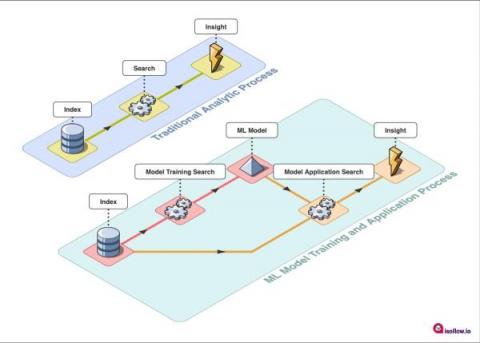Why 87% of AI/ML Projects Never Make It Into Production-And How to Fix It
Going from prototype to production is perilous when it comes to artificial intelligence (AI) and machine learning (ML). However, many organizations struggle moving from a prototype on a single machine to a scalable, production-grade deployment. In fact, research has found that the vast majority—87%—of AI projects never make it into production. And for the few models that are ever deployed, it takes 90 days or more to get there.






